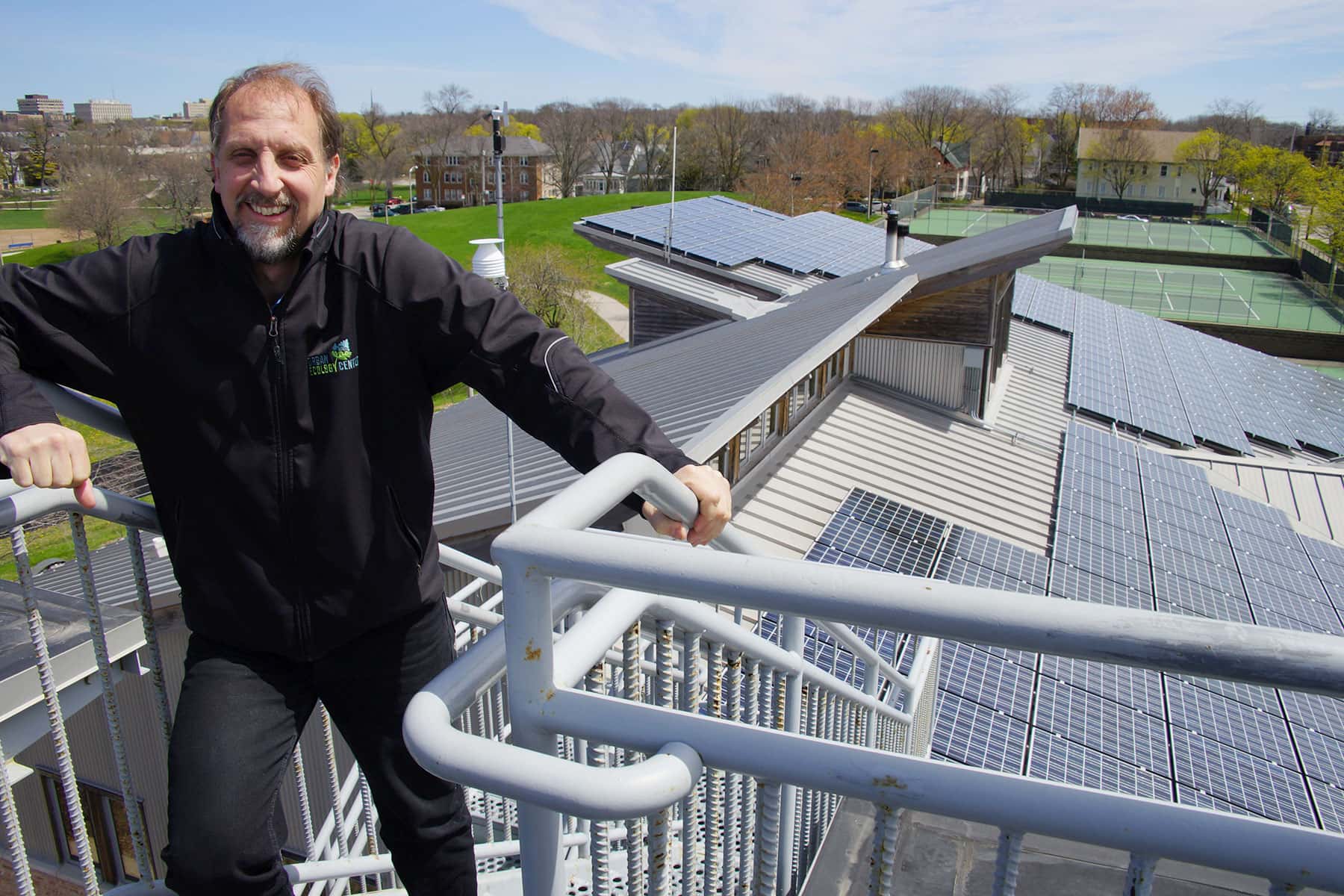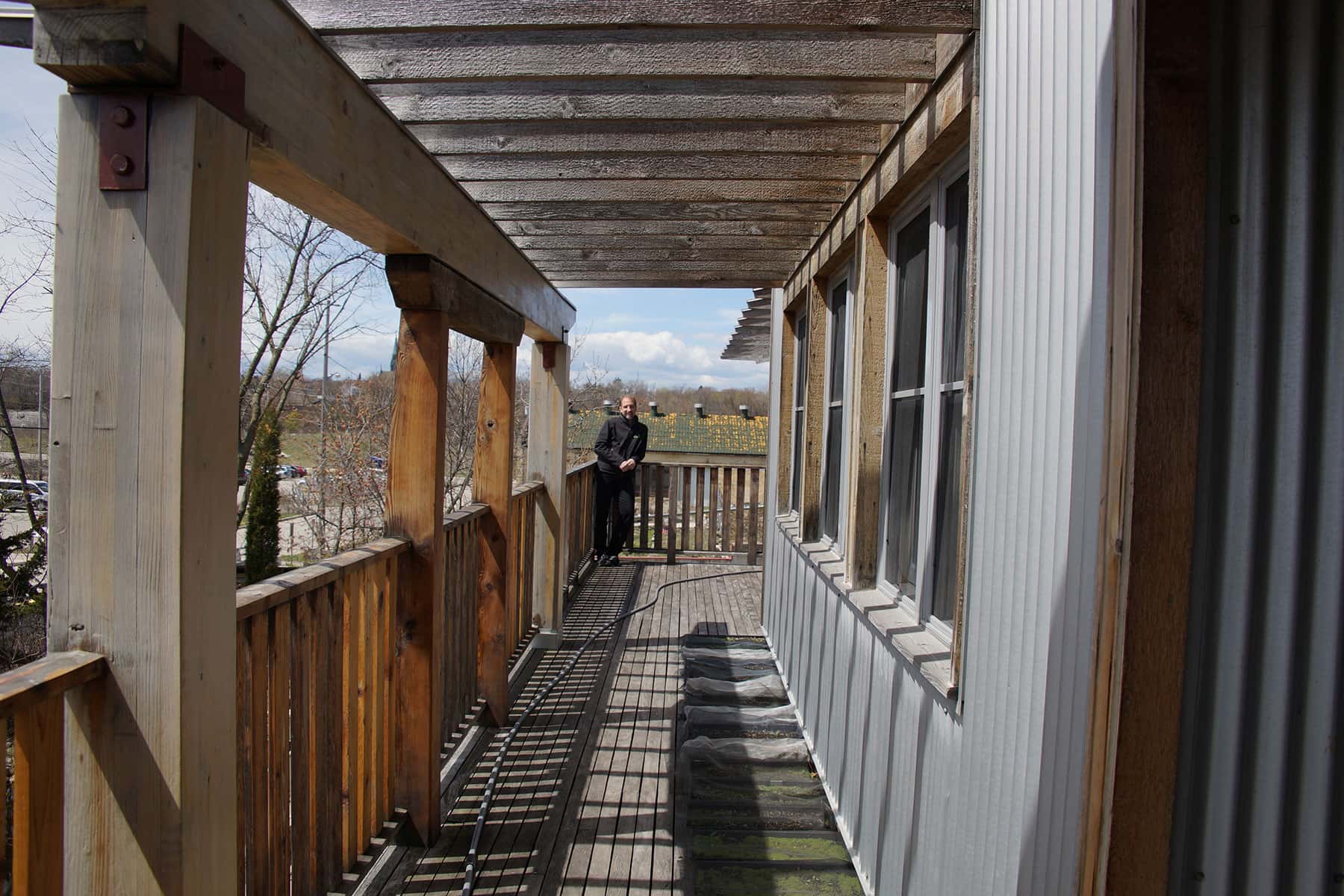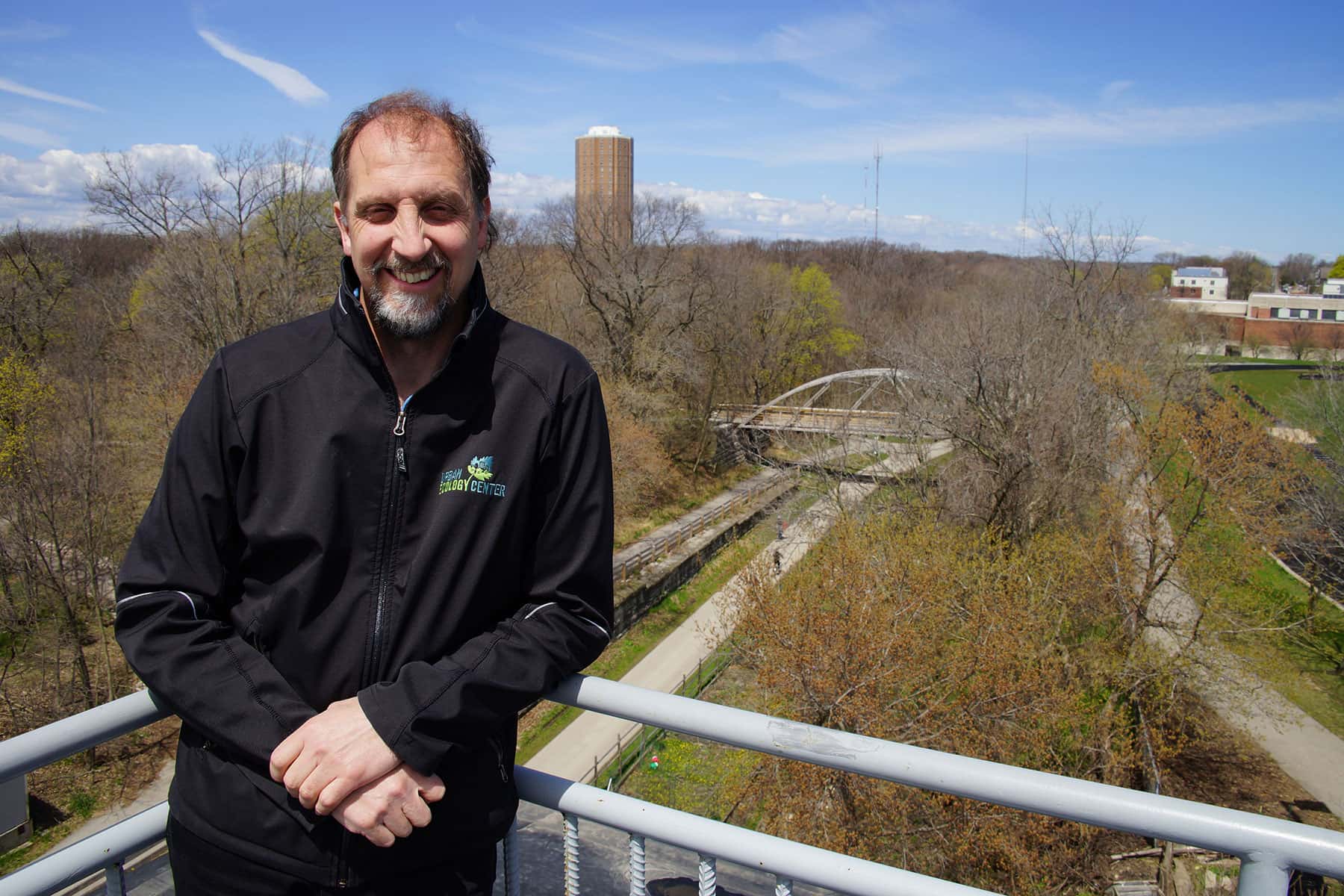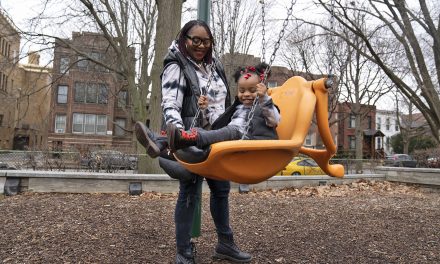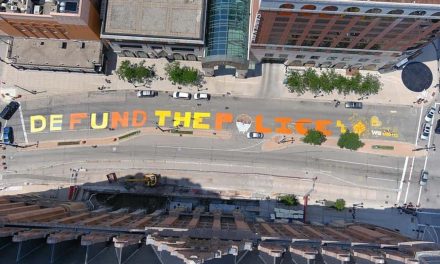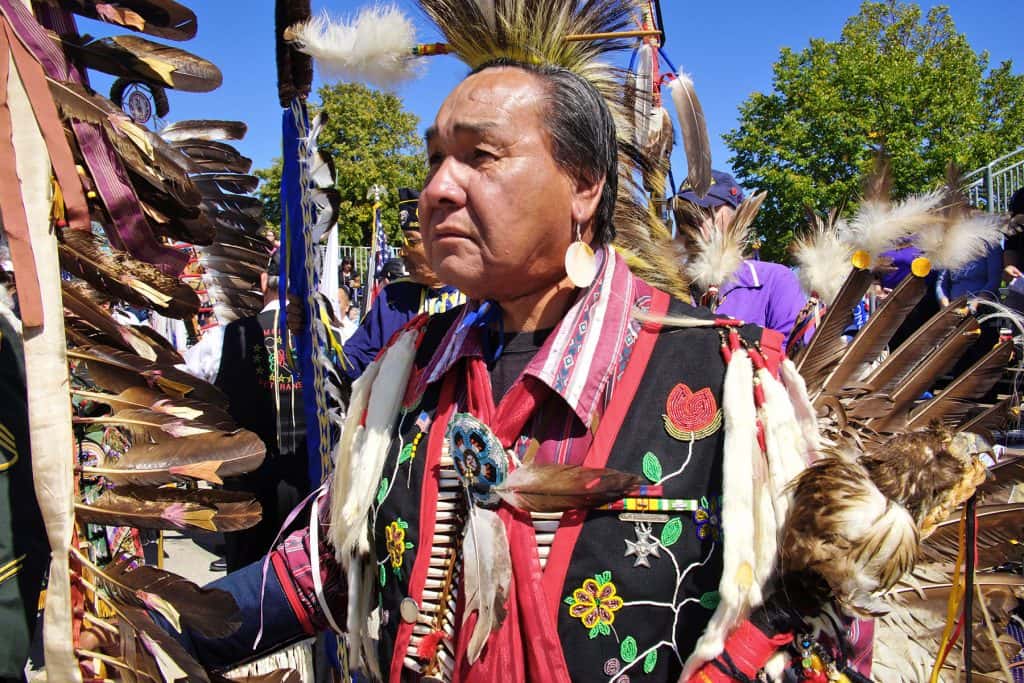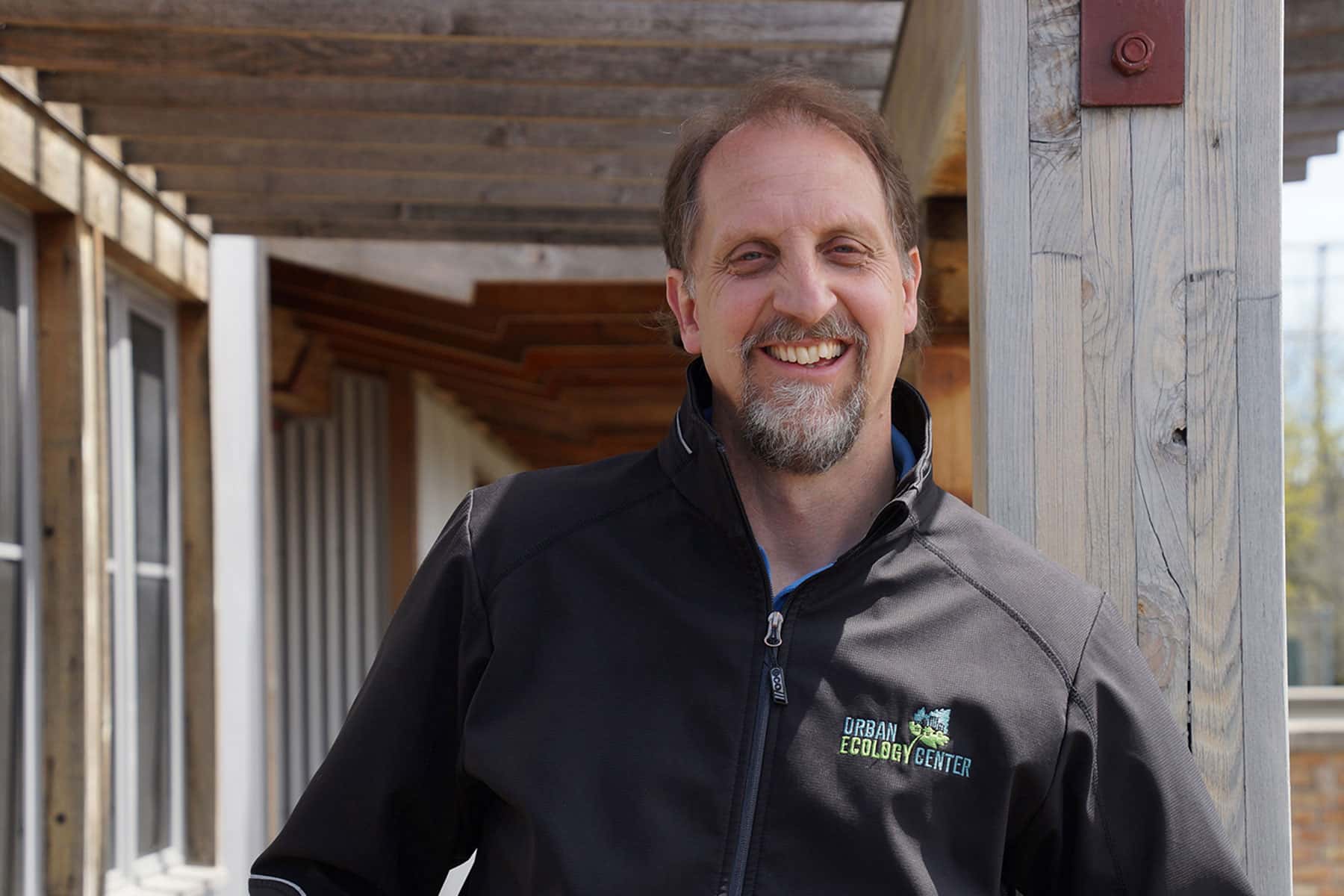
The Milwaukee Independent sat down with Leinbach at the Urban Ecology Center in Riverside Park on May 2, 2016 to talk about his efforts as a catalyst for systemic change of the community by leveraging green space, and the meaning of life based on the letter P.
A national leader in promoting community-based environmental education, Ken Leinbach helped transform an abandoned wasteland in the Riverwest neighborhood of Milwaukee into an economically and environmentally sustainable urban community center that has become an international model.
“Green at that point in time meant a color. If you said you were going to build a green building, everyone just thought you were going to paint it green.”
“I grew up close to a Native American village and my dad was the liaison to the Potawatomi folks in the Peshawbestown area of Northwestern Michigan. Which meant that as a social worker he would make sure their kids got to school, and could handle school, and had resources to help with school. At the time there was a lot of poverty, so he would sometimes roust kids out of a home that was somewhat dysfunctional and drive them to school himself.”
“We’ve discovered that there’s a leverage point in urban green spaces that can revitalize neighborhoods. An urban green space can be the catalyst for a downward trend in a community, as the place where the homelessness hangs out, and the drug trade, and alcoholism follows that, and then the kids go there and start getting involved in that negative activity. The parents don’t like that, the schools do down hill, and you’ve got this negative spiral. But if you go into that green space and activate that space with volunteerism and quality education and vibrancy, you can turn the whole community around by that leveraging of the green space.”
“When you look at the biggest impact we have had on the city, it has to do with the cleaning up of the Milwaukee River.”
“Our whole theory of change is based on what’s called significant life experience research. And the research question is, what makes someone environmentally aware? Why does one person have an environmental ethic and another person has no clue? Not because they are bad people, they just haven’t had any exposure or interest or knowledge in their life.”
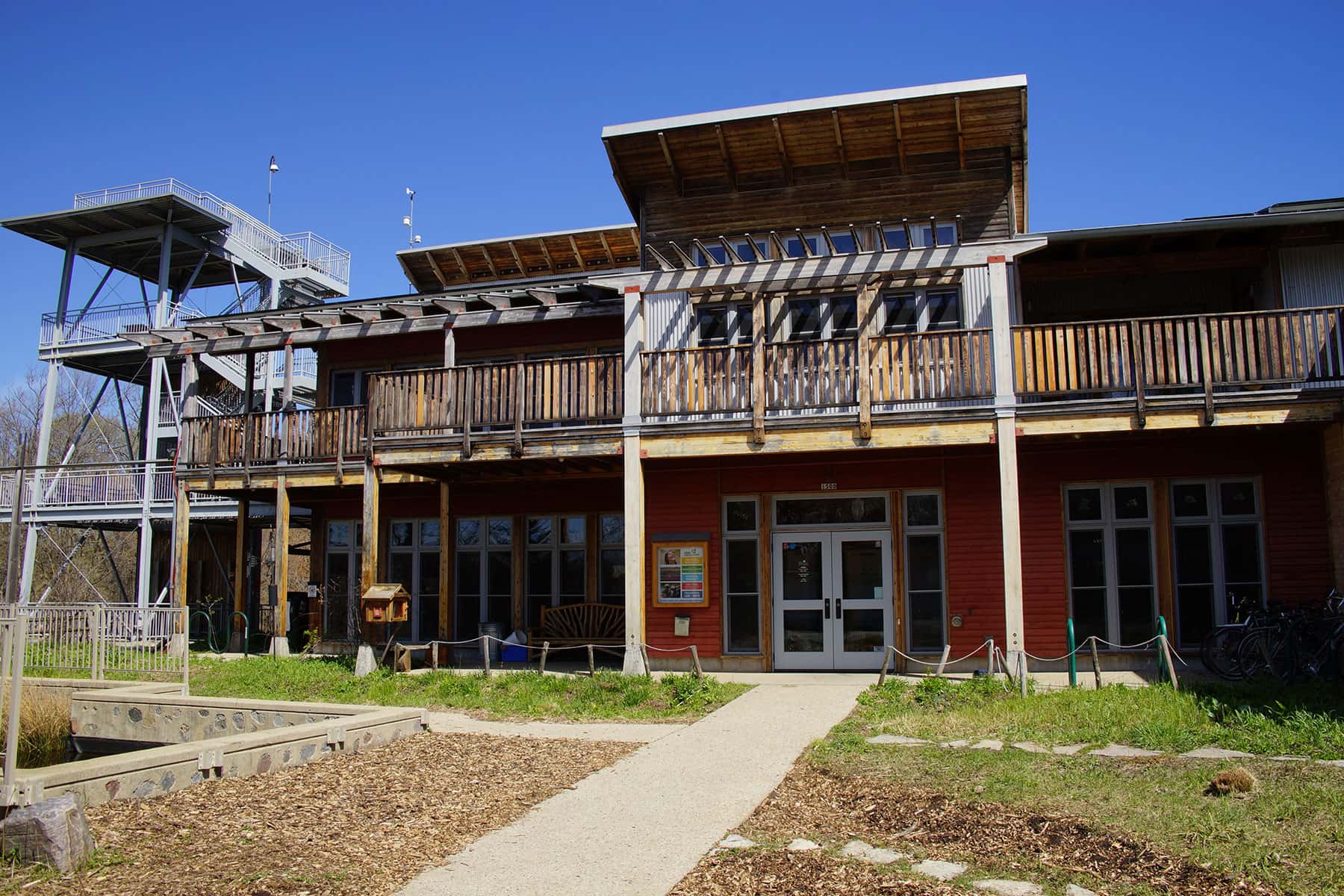
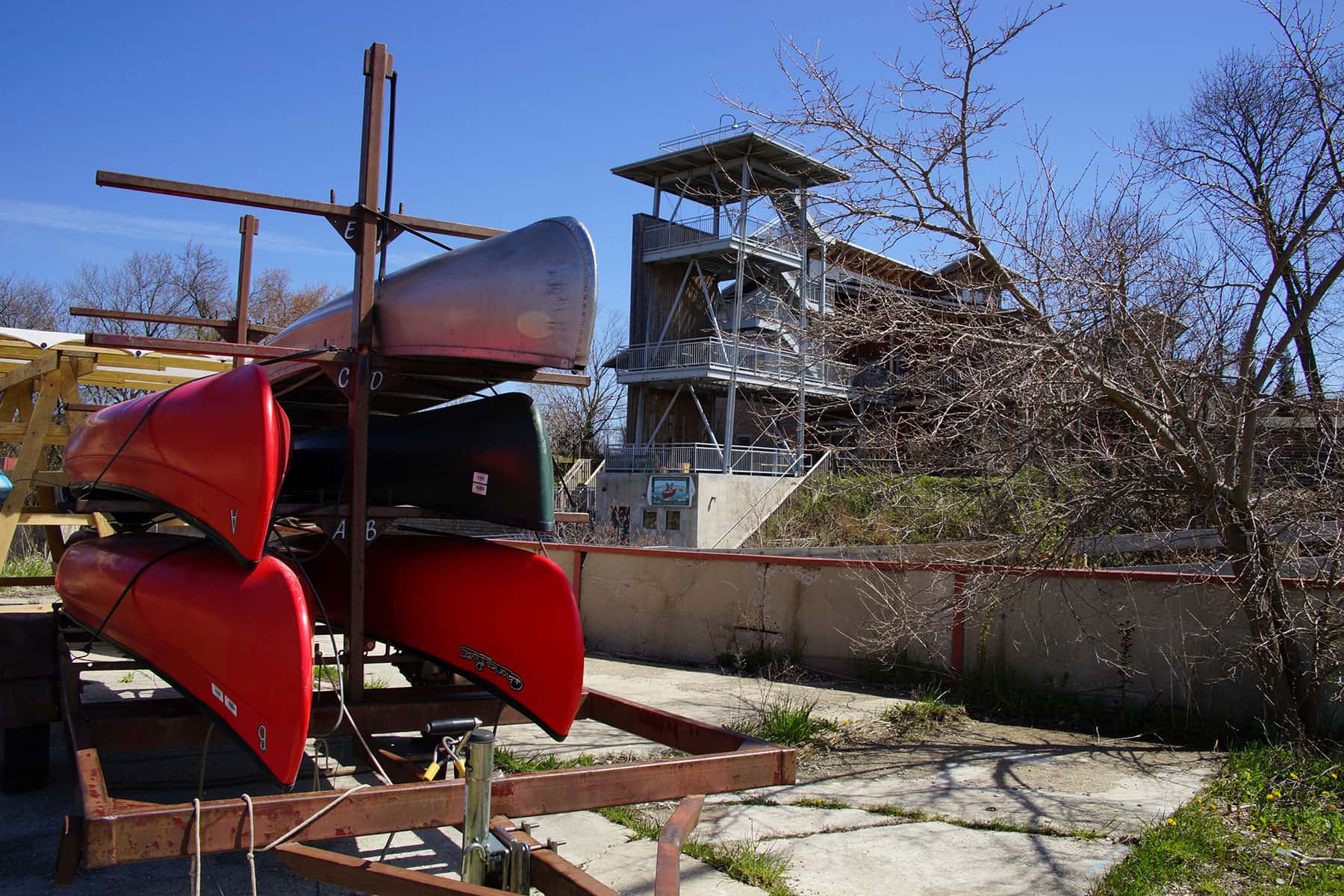
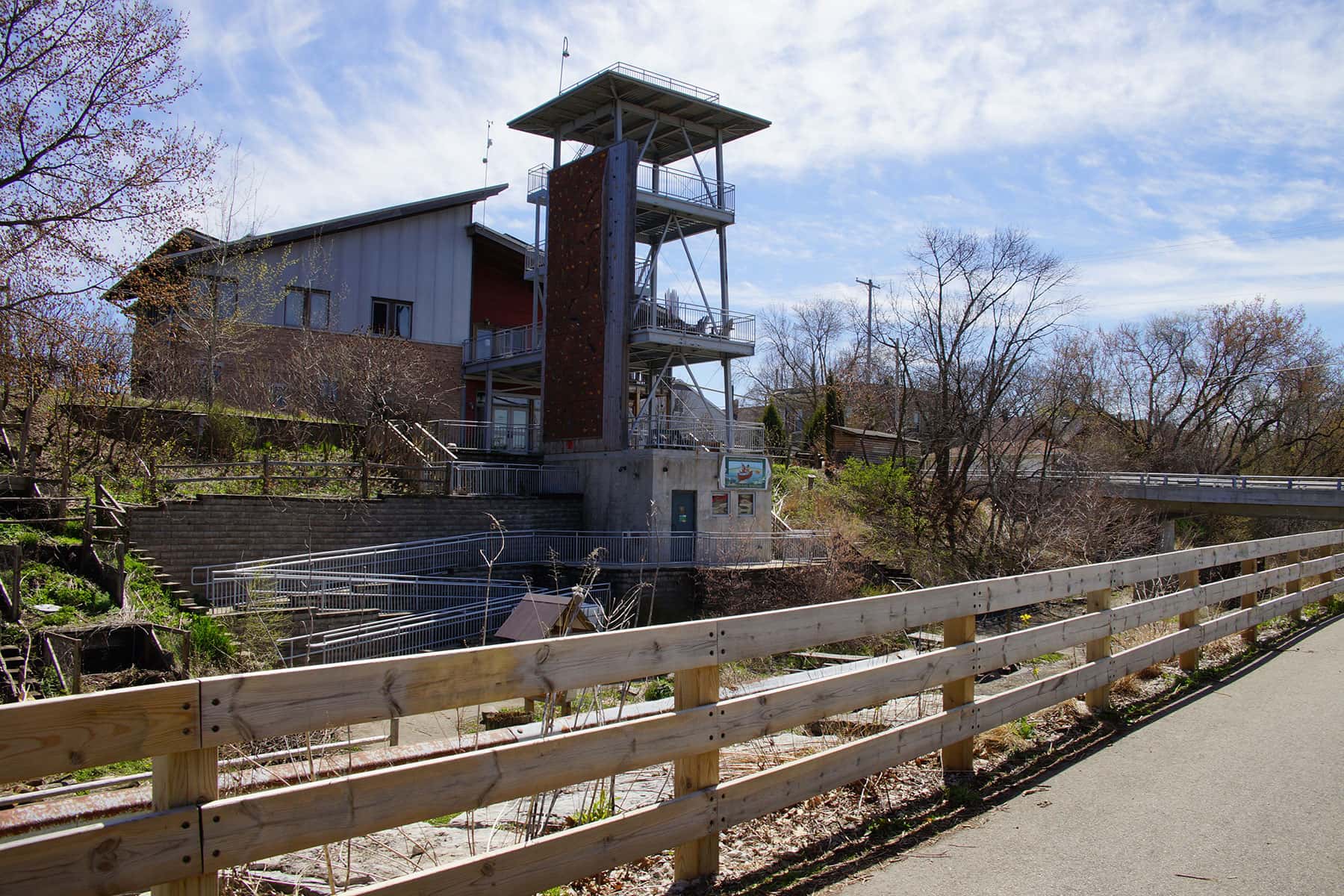
“But at the end of the day we made the determination that Milwaukee was a better place to raise kids. And actually I made that decision at a Brewers game because I am really into baseball, and there is easy access to professional sports here. And I’m a bit of a sports nut so it sealed the deal.”
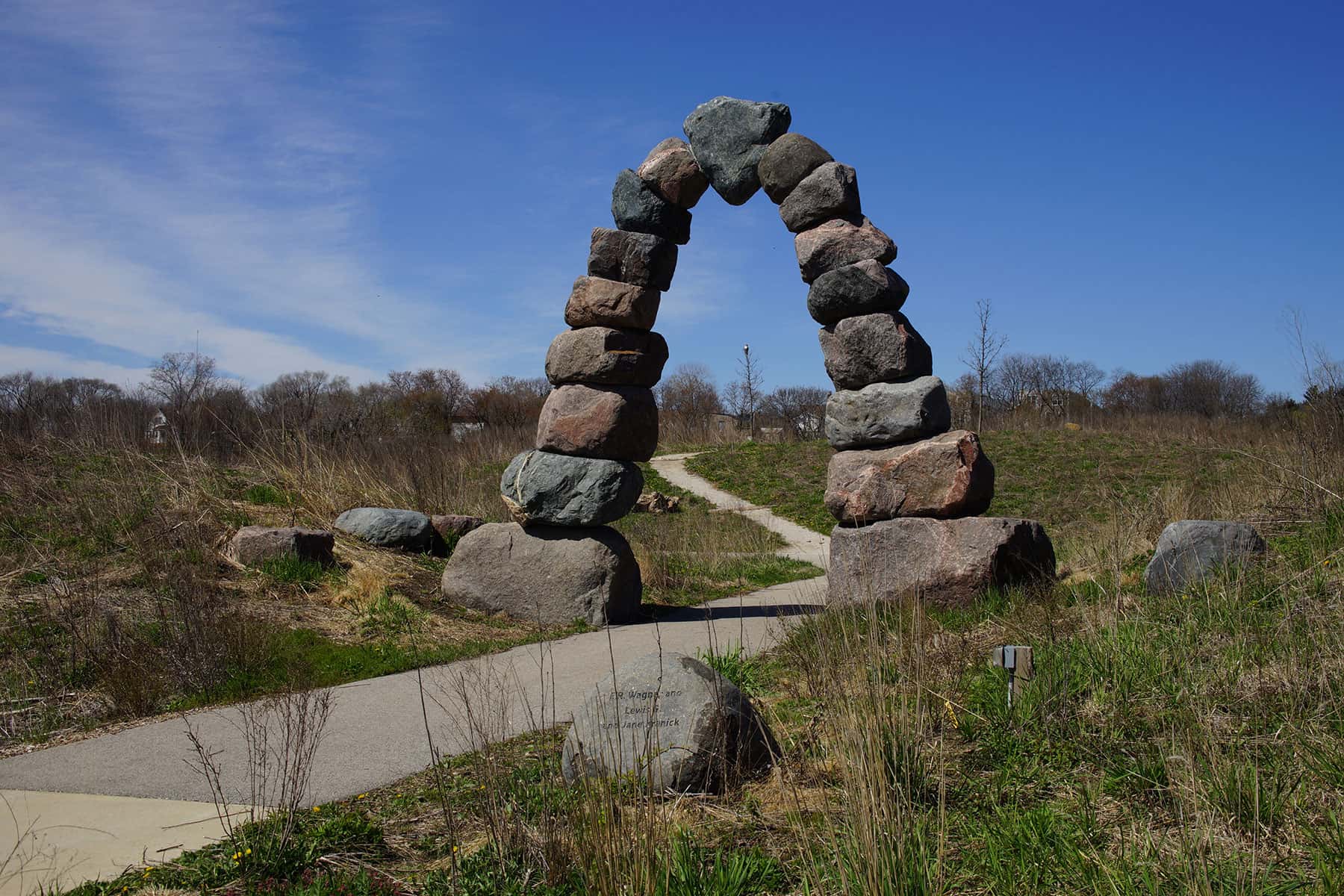
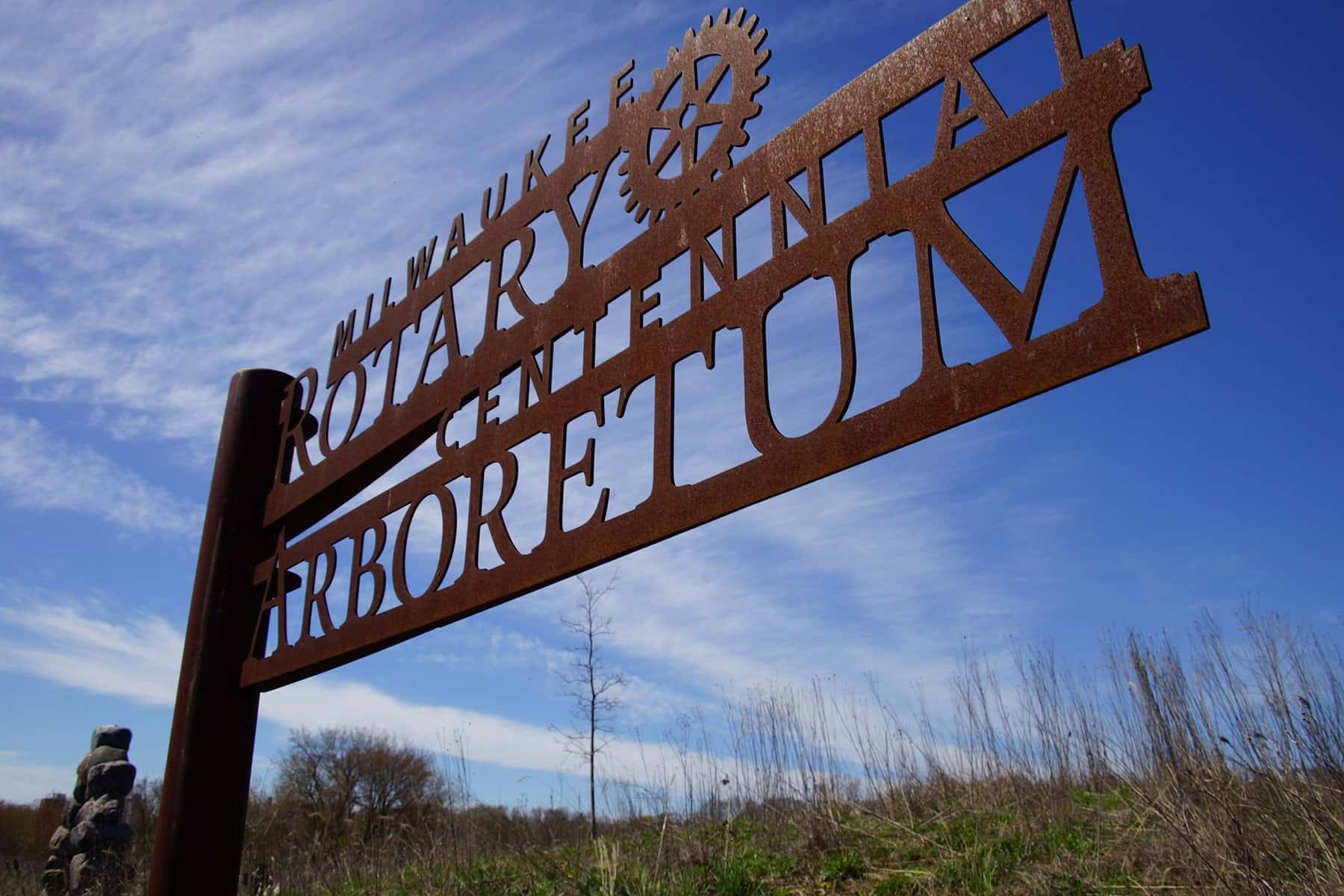

“When this idea of working in Riverside Park came about, we said if we can pull this off in an industrial Milwaukee, not Madison or Denver or Ann Arbor, but in a high crime park along an polluted river with really limited natural resources in the immediate future, if we can pull off this vision here we can do it anywhere.”
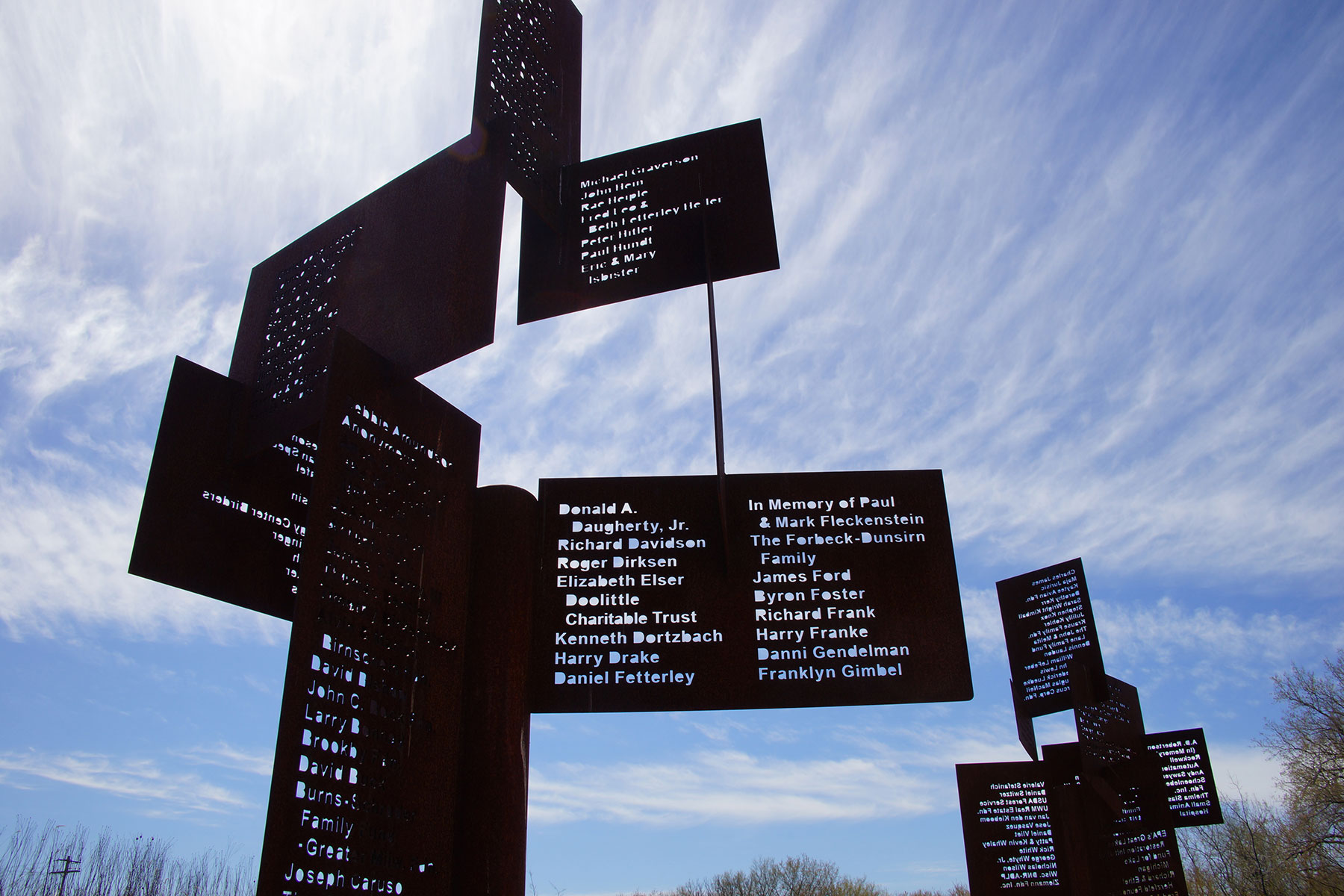
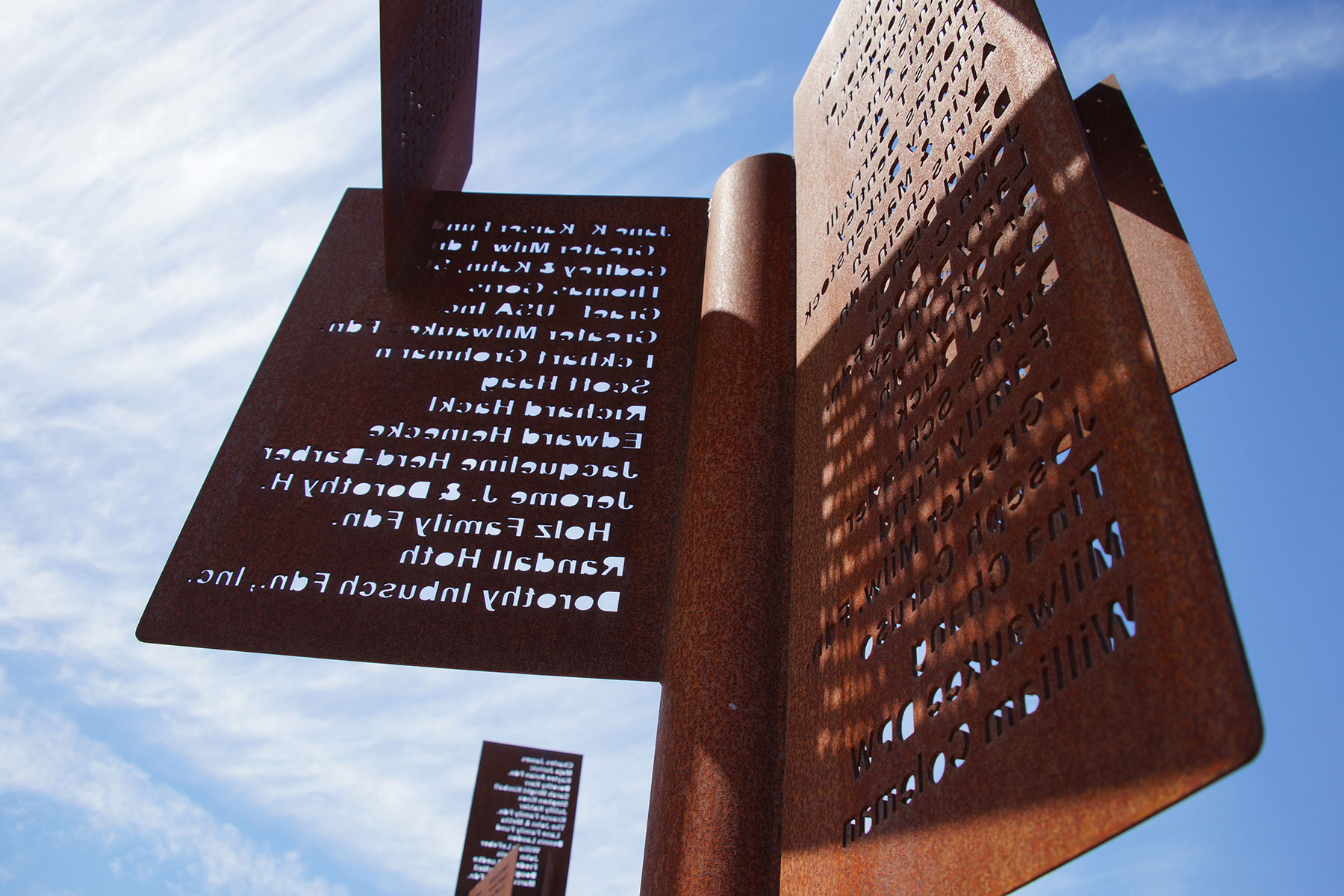
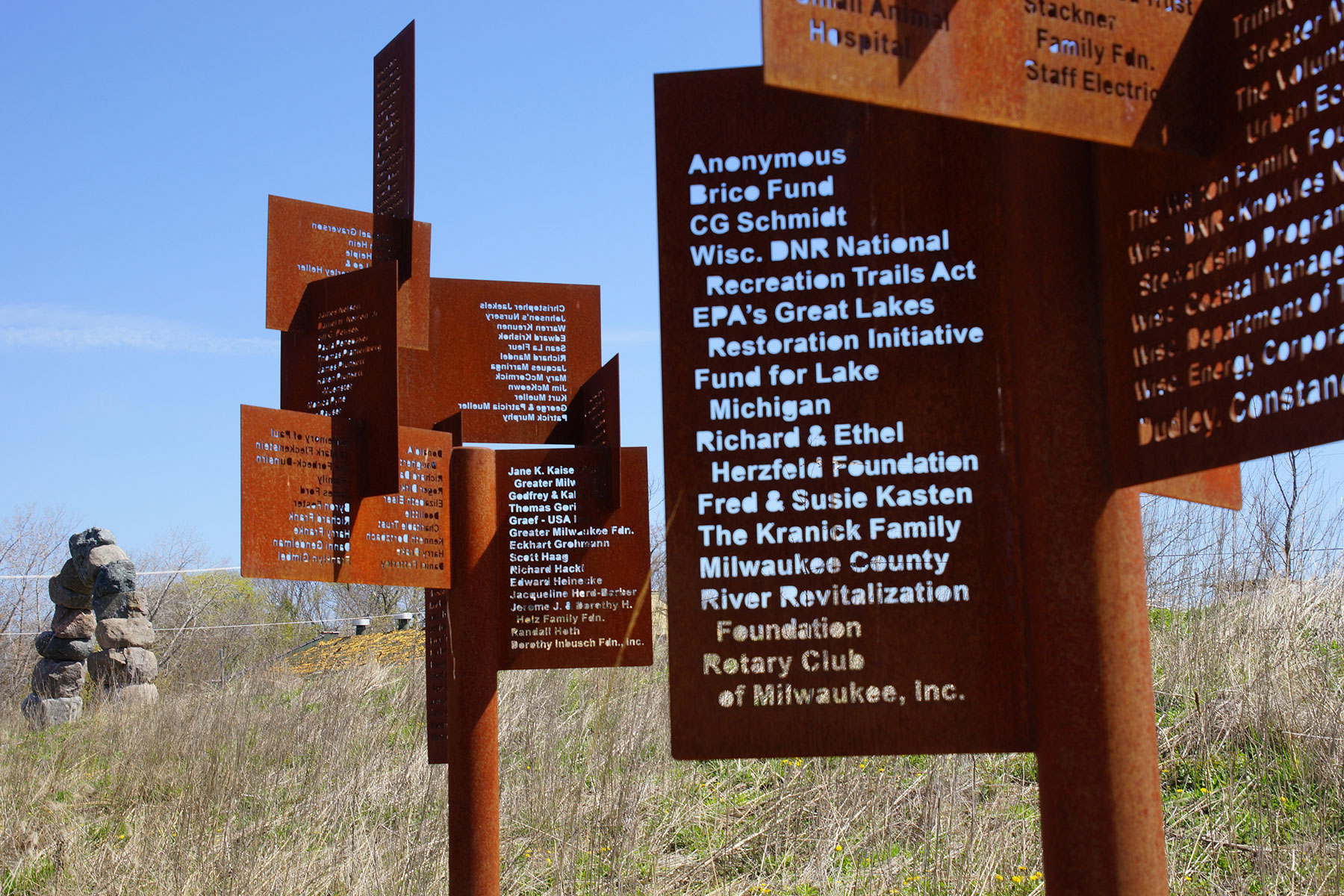
“Our focus was not to create a model. Our focus was to fix a problem. So we did that. It’s not in our mission to reduce crime. It’s in our mission to educate people about the environment. It just so happens that there’s an ancillary impact that when you activate a green space the criminal activity that was in that green space goes somewhere else, and over time is reduced because the kids that are engaged in the green space now have learning as their activity.”
“I have a philosophy, in my mind I have it isolated down to nine words and they all start with the letter P. And so I call it, the meaning of life based on the letter P. If you want to lead a peaceful, powerful life, my analysis in my 52 years of living is that the double handful of people who I know that I believe are living a peaceful life have seven things in common, and they all start with P. And it includes passion, purpose, presents, and practice, but that’s another whole conversation.”

